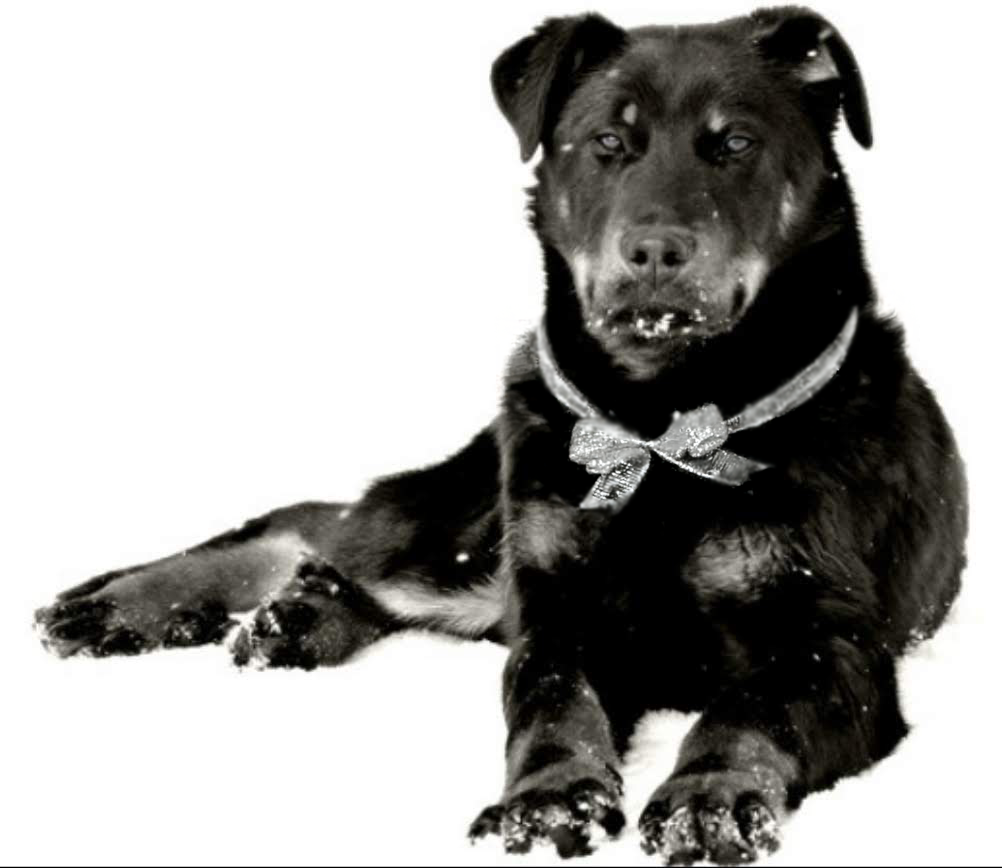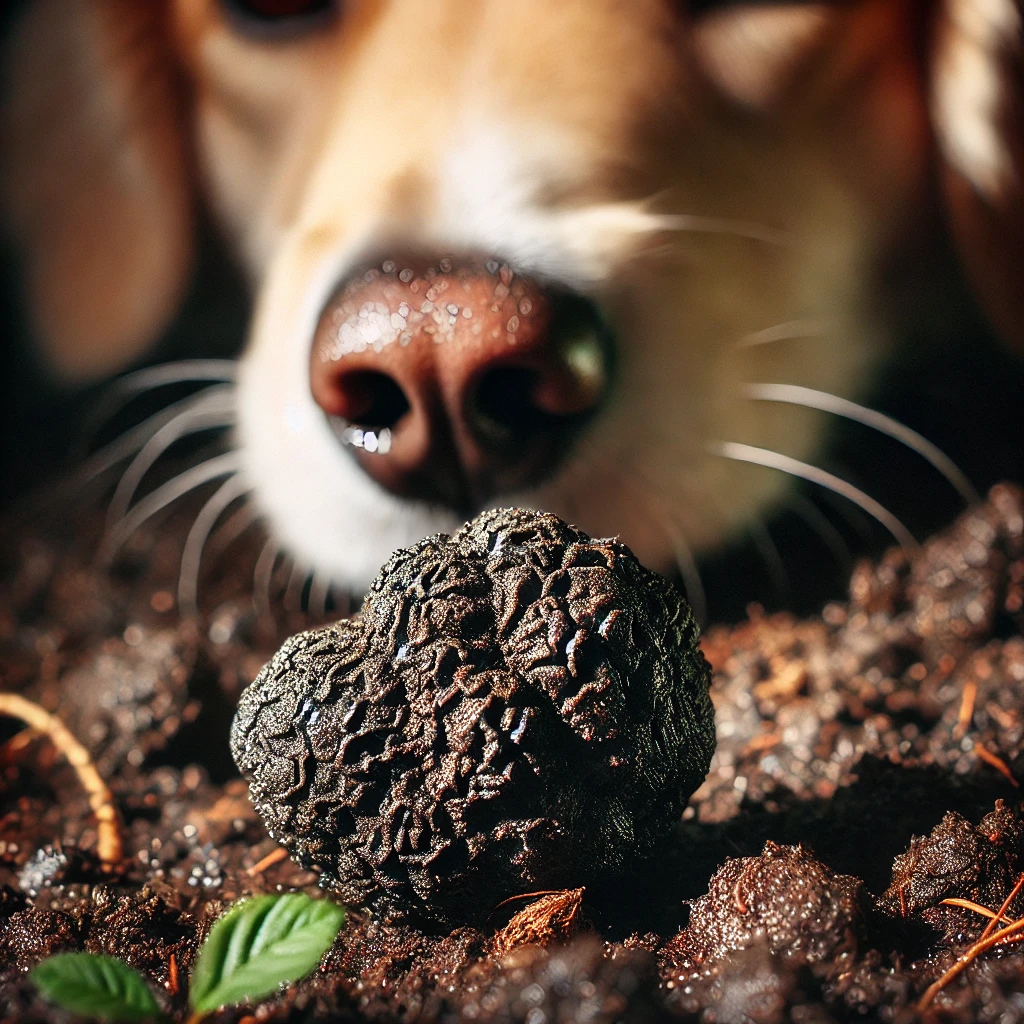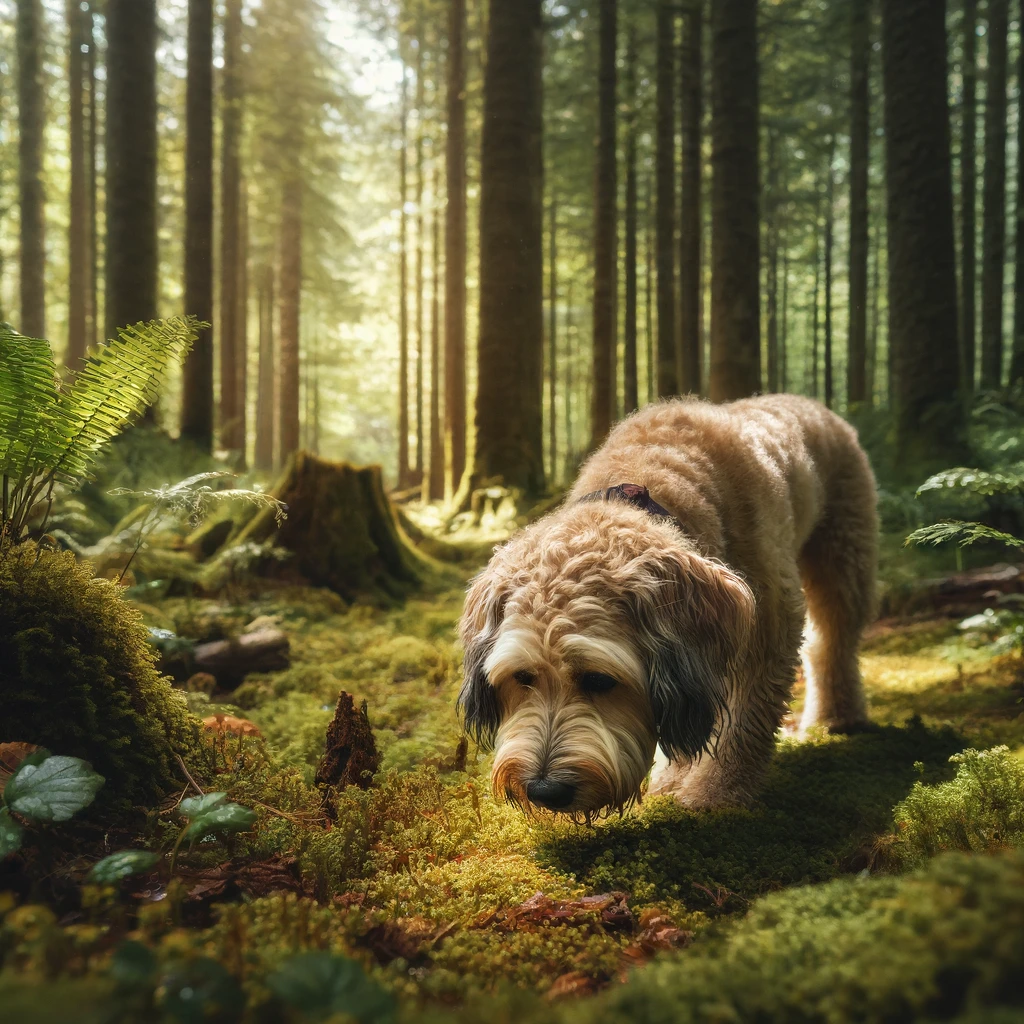When it comes to olfactory prowess, dogs are the true champions. With up to 300 million smell receptors in a dog’s nose compared to a mere 5 million in a human’s, our canine companions are built to detect scents. But what’s truly fascinating is how this incredible sense of smell can be honed for various hobbies. Here’s a joyful look at the myriad of ways pet dogs can be trained for hobby scent detection.
1. Truffle Hunting
Truffles are gourmet fungi that are quite challenging to find. Enter the truffle-hunting dog! Breeds like Lagotto Romagnolo are particularly known for this, but many dogs can be trained to sniff out these hidden culinary treasures. It’s a fun and potentially profitable hobby, making truffle-hunting a shared adventure for you and your pet.
2. Search and Rescue Training
While professional search and rescue teams are highly specialized, hobbyist training in this area can still be rewarding. Teaching your dog to track human scent trails can be an engaging and satisfying way to spend time together. Plus, you’re instilling valuable skills that could one day make a difference in an emergency.
3. Competitive Nose Work
Nose work competitions are designed to test a dog’s ability to identify and locate specific scents. These events are not just for purebreds or working dogs. Any dog can compete, making it an inclusive and fun way to bond with your furry friend. Training your dog for these competitions is both mentally and physically stimulating for them.
4. Wildlife Conservation
Believe it or not, some dogs are trained to detect the scents of specific endangered animals or invasive plant species. Though usually done by professionals, some hobbyists have engaged in this activity to contribute to local conservation efforts. It’s an inspiring way to connect with nature and contribute positively to the environment.
5. Therapeutic Scent Games
Scent games can provide intellectual stimulation and fun for both dogs and owners. Creating a scent trail using essential oils or treats in your backyard can be a delightful game that encourages problem-solving and engagement. It’s a hobby that’s accessible to almost anyone and can be particularly therapeutic for dogs that need mental or physical stimulation.
6. Medical Alert Training
Though it’s typically left to the professionals, some dedicated hobbyists train their dogs to detect specific medical conditions such as changes in blood sugar levels. The connection between the dog and owner in this specialized area goes beyond mere companionship, often turning into a life-saving bond.
Conclusion
The world of hobby scent detection is vast and varied, offering opportunities for bonding, fun, competition, and even contributing to the greater good. Whether you’re seeking an outdoor adventure with truffle hunting, the thrill of competition in nose work, or simply a joyful game in the backyard, there’s a scent-related hobby to suit every dog and owner.
Training a dog in scent detection requires patience, understanding, and a commitment to positive reinforcement. But the rewards, as many enthusiasts will tell you, are beyond measure. Your pet’s wagging tail as they discover a hidden truffle or successfully complete a scent trail is more than enough proof that this hobby is not just a treat for the nose but for the heart as well.



